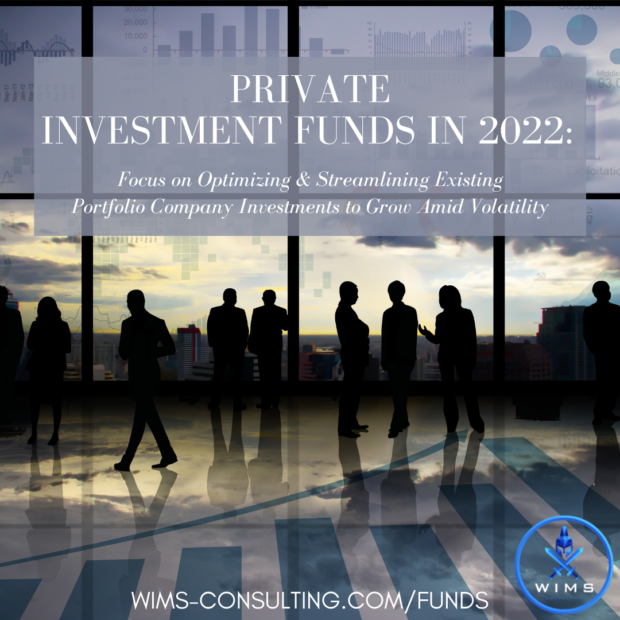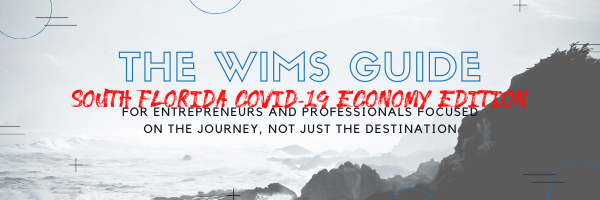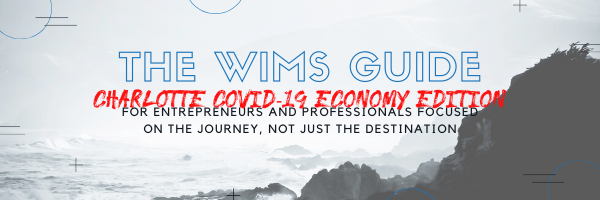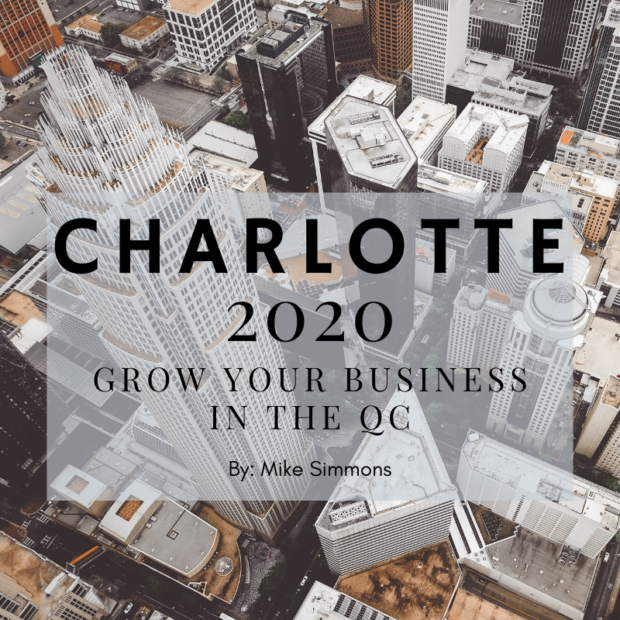EF Hutton is a fast-paced high-growth global investment bank founded by experienced investment professionals that have collectively financed over $250 billion for public and private companies alike. They offer strategic advice and financing solutions to middle market and emerging growth companies across the globe. With the focus of a boutique investment bank and the support of a global syndicate network, EF Hutton is the ideal strategic partner.
The EF Hutton proprietary platform includes hundreds of brokers and over $6 billion in assets under management between the UK and the US, allowing them access to capital across two of the world’s most developed and wealthy markets. Their unique organizational structure affords them access to capital on a transcontinental scale.
- Large Global Syndicate Network
- Strong Institutional Fund Network
- 16,000 Active Clients
- 500 Finance Professionals
- $6 Billion Assets Under Management
- Proprietary Global Network With A Presence In Every Market
At EF Hutton, they conduct all aspects of their business with the utmost integrity. They are dedicated to providing objective strategic advice and financing solutions to companies across the globe.
Powerful Partnerships:
EF Hutton’s dynamic operating structure offers a unique alternative to traditional middle market investment banks. EF Hutton is a division of Kingswood USA, a subsidiary of Kingswood Group (AIM:KWG); the synergies of these divisions and direct access to KWG provides EF Hutton a unique global presence and broad platform outreach. Their differentiated equity platform allows for cross border access to global asset managers, banks, middle market credit funds, family offices, and specialty lenders. Since the founding of EF Hutton in May of 2020, they have found the Kingswood Group to be a powerful partner that shares our vision of rapid expansion.
About EF Hutton
EF Hutton (formerly Kingswood Capital Markets), division of Benchmark Investments, LLC is a global, full-service investment bank headquartered in New York, New York. EF Hutton is a division of Benchmark Investments, LLC, a subsidiary of Kingswood US, LLC, an indirect subsidiary of Kingswood Holdings Limited (AIM: KWG). The synergies and direct access to Kingswood Holdings Limited provide EF Hutton with a unique global presence and broad platform outreach to ensure success for its clients.
About Kingswood Holdings Limited
Kingswood Holdings Limited (trading as Kingswood) is an AIM-listed (AIM: KWG) international, fully integrated wealth management firm with approximately 18,000 active clients and approximately $8.7 billion of assets under advice and management. Securities are offered through Benchmark Investments, LLC, Member FINRA/SIPC.
Contact
Joseph T. Rallo, CEO
590 Madison Avenue, 39th Floor, New York, NY 10022
About Mike Simmons & WIMS Consulting
Mike Simmons is the CEO of WIMS Consulting, a consulting firm and full-service marketing and sales agency specializing in marketing strategy, CRM programs, digital marketing, website development, business development, and additional services operating primarily in Charlotte, Miami, Tampa, and Southern California among other cities around the country. The firm’s ventures include equity positions in the following portfolio companies as well: EolianVR, ARRE (Augmented Reality Real Estate), Sunny Money Solar, and LDR BRD.









